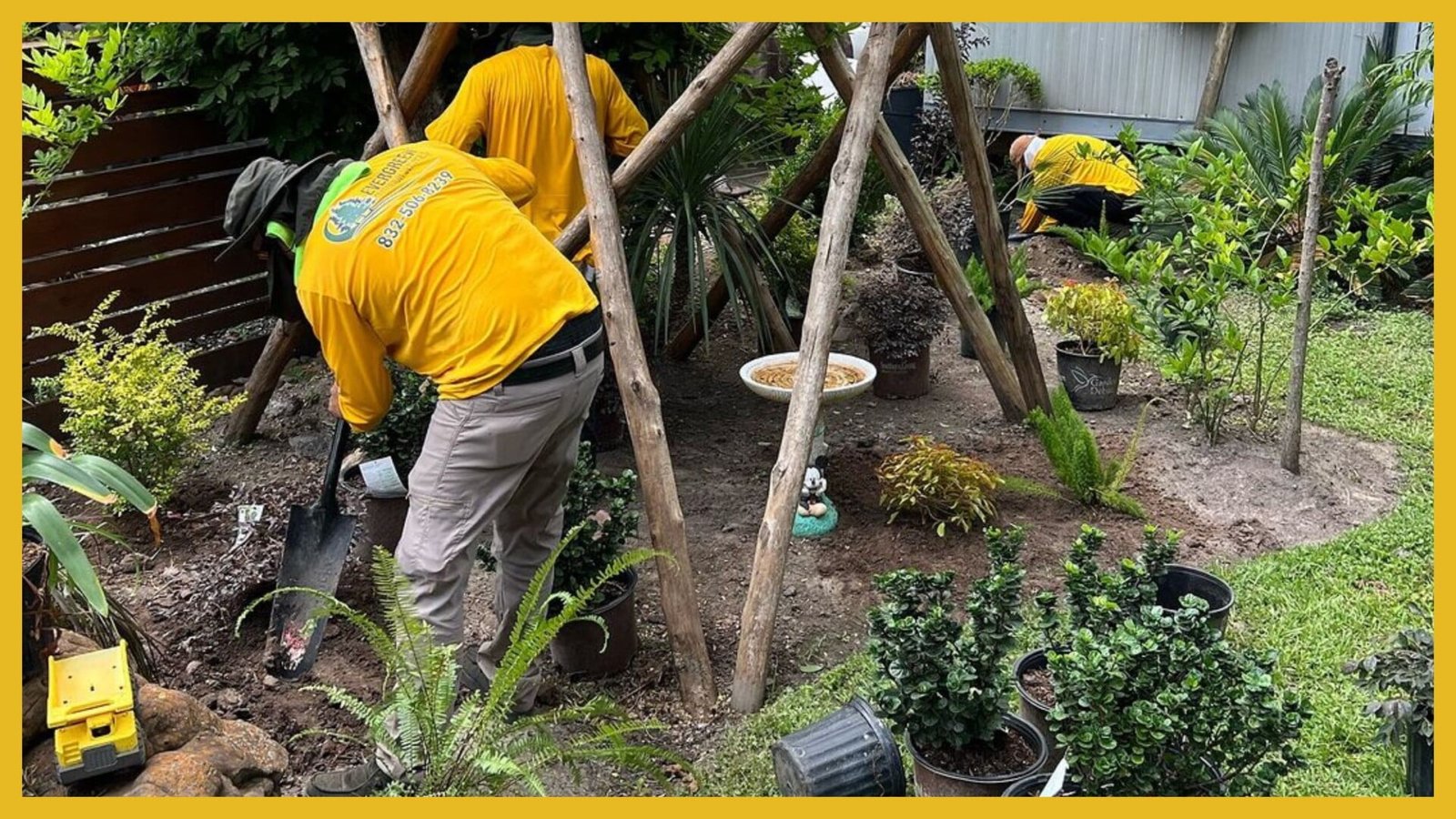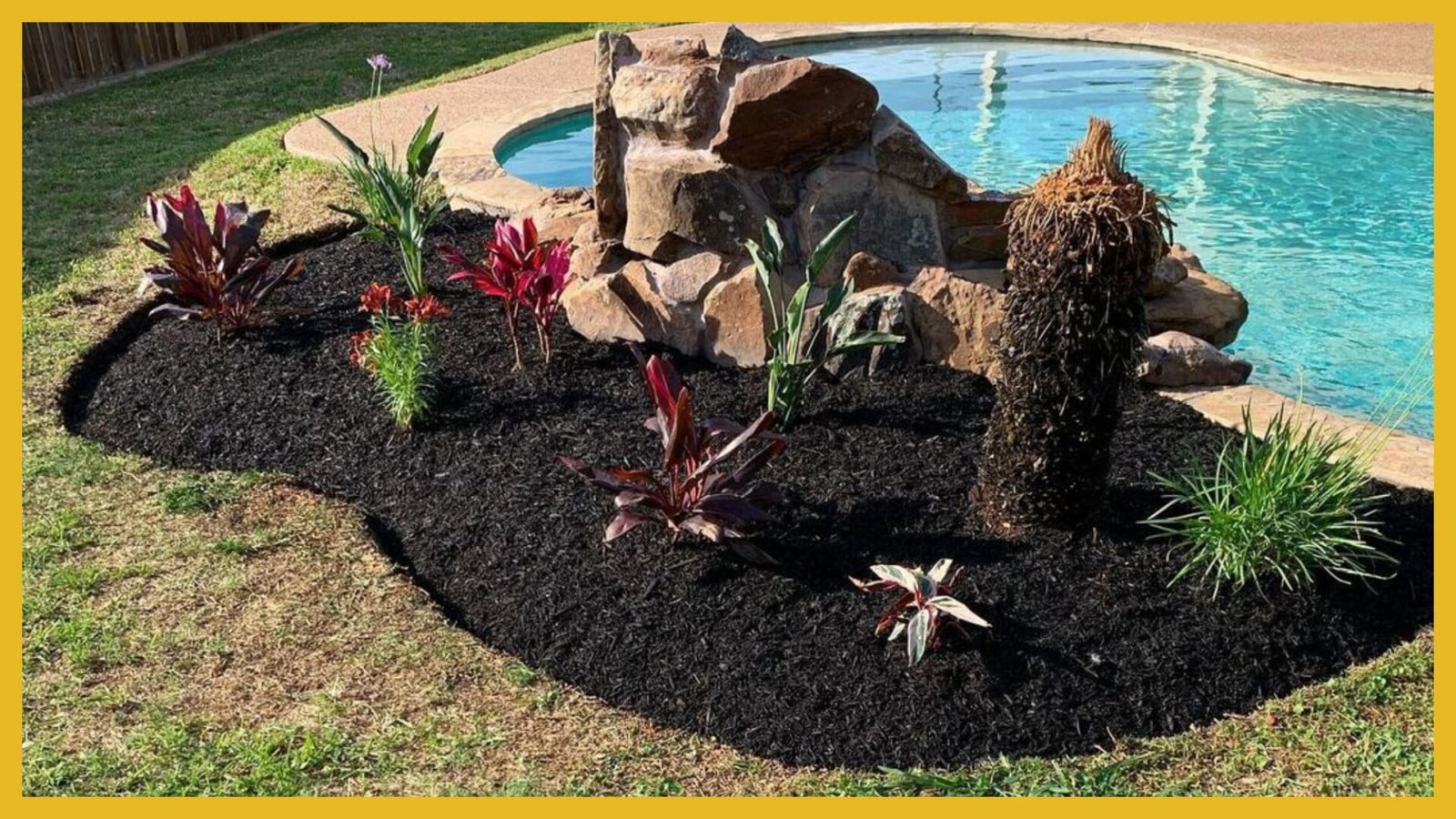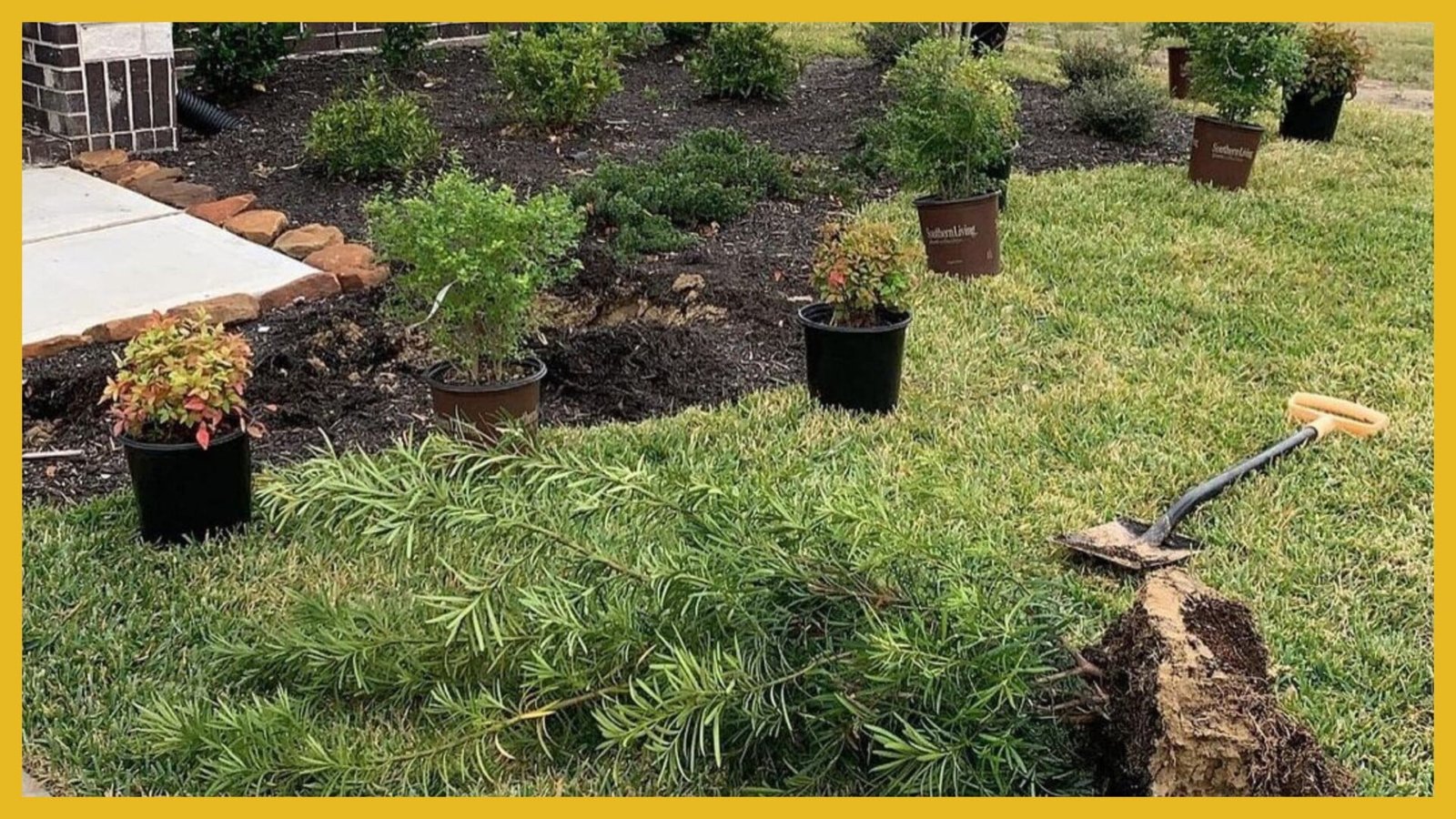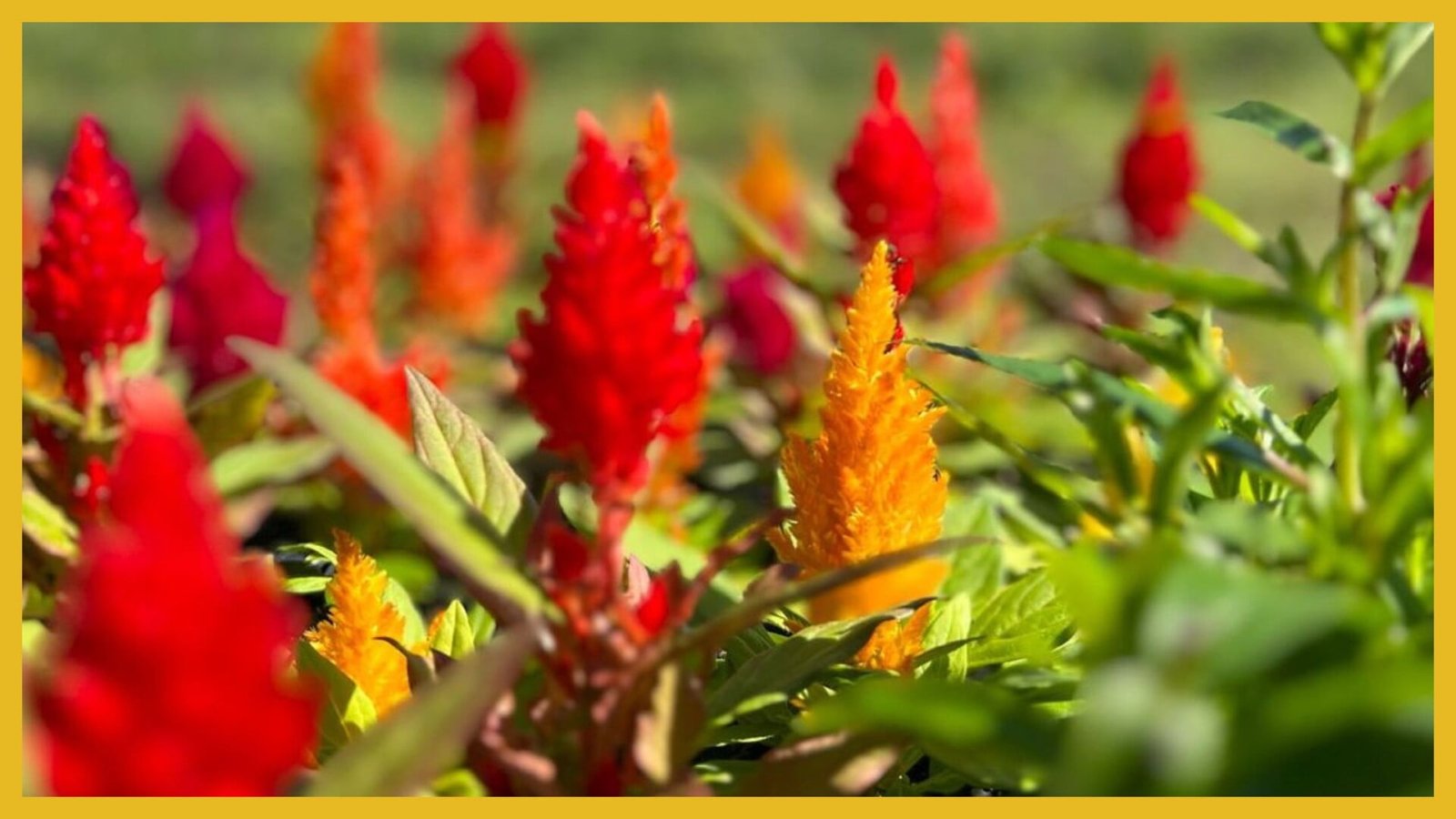
Garden bed maintenance
Introduction
Maintaining beautiful garden beds in Houston’s hot and humid climate can be challenging. However, with the right approach, your garden can thrive all year round. Here are some expert tips for garden bed maintenance that will help you achieve vibrant, healthy beds.
Gardening in Houston comes with unique difficulties due to the high temperatures and humidity, which often lead to plant stress and disease. Although rainfall is generally plentiful, especially during summer and spring, these conditions can be harsh on plants.
In this blog, you’ll learn essential strategies for maintaining garden beds in Houston’s extreme climate.
Seasonal Preparation
Adapting your garden beds for each season is crucial to ensure they remain healthy. Let’s explore how to prepare your garden for both spring and summer.
Spring: Soil Enrichment
In spring, it’s important to enrich your soil with compost. This decomposed organic matter significantly improves soil health. By mixing compost into your garden soil, you encourage root growth, enhance microbial activity, and improve water retention. Additionally, compost helps reduce soil temperature and strengthens plants’ resistance to diseases.
Summer: Mulching for Moisture
As summer temperatures soar, mulching becomes essential for maintaining your garden. Mulch acts as a protective barrier, reducing weeds and retaining moisture. Moreover, it keeps soil and roots cool, which is crucial during Houston’s intense summer heat. Applying a generous layer of mulch can make all the difference in keeping your garden beds healthy.
Conclusion
Maintaining garden beds in Houston’s challenging climate requires thoughtful seasonal preparation. By enriching your soil in the spring and applying mulch during the summer, you can create a thriving garden that withstands the city’s heat and humidity.

Soil Health
Soil Health
Healthy soil is the cornerstone of a thriving garden. If possible, test your soil’s pH and add organic matter to improve its structure and fertility.
Testing Soil pH
Testing your garden’s pH level is crucial for optimal plant growth. By testing the pH, you can identify deficiencies and better understand what your soil needs. This process guides you in choosing the right supplements, such as fertilizers and pH adjusters, to create the ideal growing environment.
Adding Organic Matter
Additionally, adding organic matter is key to improving soil structure and fertility. Organic matter provides a strong foundation for plant growth and increases soil resilience to environmental stress, ensuring long-term garden health.
Watering Techniques
Proper watering techniques are essential, especially in Houston’s climate. Watering early in the morning helps reduce evaporation and minimizes the risk of disease. Moreover, drip irrigation systems ensure deep, consistent watering, making them ideal for Houston’s hot conditions.
Watering Early in the Morning
Watering early in the morning is the most effective time to water your garden. By watering early, plants have time to dry before nightfall, reducing the risk of root rot and unwanted insects. Consistent night moisture can encourage disease growth, so it’s best to avoid watering late in the day.
Using an Irrigation System
Furthermore, using an irrigation system saves time and water. A drip irrigation system provides deep, consistent watering, which is especially beneficial in Houston’s climate. By following these watering practices, you can help your garden thrive while conserving resources.

Natural methods for garden bed maintenance
Pest and Weed Control
Using natural methods like beneficial insects and organic mulch is an effective way to keep pests and weeds at bay. These organic solutions not only protect your garden but also promote a healthier environment.
Beneficial Insects
Beneficial insects, such as ladybugs, play a crucial role in pest control and pollination. By preying on harmful insects, they help control pest populations naturally, reducing the need for chemical interventions. In addition, they contribute to pollination, supporting the growth of healthy plants.
Organic Mulch
Furthermore, organic mulch offers multiple benefits. It enhances soil nutrition, prevents evaporation, and suppresses weed growth. By adding mulch, you also protect against soil erosion, creating a stable and nutrient-rich foundation for your plants.
Your Garden, Your Pride
Your garden is a reflection of your hard work and passion. By following these tips, you’re not just maintaining a garden—you’re creating a personal outdoor space that enhances your home’s beauty and value. Focus on soil health, effective watering, and organic methods to see your garden flourish while saving time and reducing your water bill.
At Evergreen Outdoor Services, we’re here to help you create and maintain the garden of your dreams. Contact us today to learn more about our professional garden bed maintenance services.
Professional Care
If you’re facing issues or want professional guidance to make your garden healthy and aesthetically appealing, contact Evergreen Outdoor Services. We’d be happy to offer personalized advice and ensure your project is completed to perfection.
For more tips and services, visit our website at evergreenlawncaretx.com.
Happy gardening!

Conclusion
Consistently caring for your garden through pruning, watering, and other essential maintenance tasks is key to a thriving, well-maintained space. Not only does a healthy garden increase your property’s value, but it also creates an inviting outdoor area for relaxation and peace of mind. At Evergreen Outdoor Services, we advocate for organic methods, especially if you’re growing vegetables or spices. However, chemical pesticides and insecticides can be considered when necessary.
FAQ Section
What are the primary challenges of maintaining garden beds in Houston’s climate?
Gardening in Houston can be difficult due to the high temperatures and humidity, which often create challenges in maintaining healthy garden beds.
How can I prepare my garden beds for different seasons in Houston?
To prepare your garden beds for the seasons, focus on planting during spring and fall, weeding and cleaning in summer, and monitoring trees and shrubs year-round. Additionally, be mindful of plant seasonality—avoid planting cool-season annuals in spring as they won’t survive the summer heat.
Why is soil health important for my garden beds?
Healthy soil leads to healthier plants, better defenses against heat and diseases, and more efficient water retention. With healthy soil, you’ll see more vibrant blooms and a stronger overall garden.
How can I test my soil’s pH level?
You can test your soil’s pH by collecting soil samples and using a home testing kit. Alternatively, send samples to a lab for analysis. Once your results are returned, you’ll receive recommendations to improve your soil’s health.
How can I control pests and weeds naturally in my garden beds?
Natural methods like mulching, regular weeding, and clearing debris are effective. In addition, using neem oil, beneficial insects like ladybugs, or natural insect repellents made from garlic and onion can help repel pests.
What are the benefits of using organic gardening methods?
Organic methods maintain healthy soil and promote beneficial microorganisms. By avoiding harsh chemicals, you protect the fertility of your garden and prevent harm to local ecosystems. Moreover, these natural techniques support long-term soil health and sustainability.
